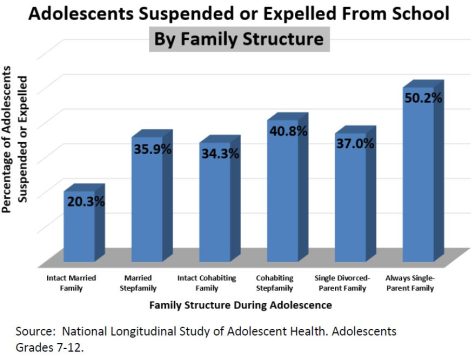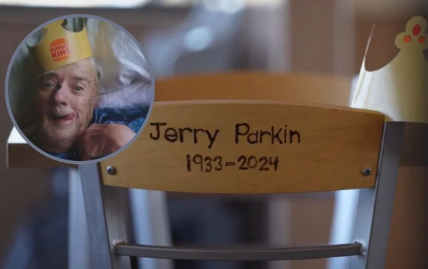How divorce impacts adolescents

When parents make the decision to end their marriages, kids react in different ways.
According to Involvement, 40-50% of marriages in the U.S. end in divorce–more specifically 750,000 divorces in the U.S. each year. Children’s and teens’ depression, anxiety, and other problem rates have gone up due to having divorced parents or guardians. Teens from divorced households are more likely to use drugs/alcohol, have behavioral problems, rebel, and have trust issues when dealing with divorced parents.
Oftentimes, adolescents believe that they are the reason for their parents’ divorce when in reality, there are many other factors to divorce. Some of the biggest reasons are arguing, lack of commitment, substance use, and physical or mental abuse.

According to Promises Behavioral Health, “ Divorce can turn a teen’s life upside down in many ways so it is important for parents to look for signs of depression in teens.” Some signs they should look for are being more moody or sensitive, lack of interest, trouble concentrating, or social withdrawal.
One way parents can help teenagers can cope with the sad feelings of divorced is to talk to them. If the parents know how their kids are feeling, they can know specific ways to help them feel better about the separation. According to Our Family Wizard, “It’s okay to tell your parents that you are angry or sad, even if you think that might make them feel bad. They are there for you and want to know how you are doing.”
is to talk to them. If the parents know how their kids are feeling, they can know specific ways to help them feel better about the separation. According to Our Family Wizard, “It’s okay to tell your parents that you are angry or sad, even if you think that might make them feel bad. They are there for you and want to know how you are doing.”
 Another way for teens to cope is for them to focus on something they enjoy doing or something that brings them peace. They may not be completely healed from the situation, but participating in hobbies or stress-relieving activities can help get their minds off of it at least until they are somewhat used to the change.
Another way for teens to cope is for them to focus on something they enjoy doing or something that brings them peace. They may not be completely healed from the situation, but participating in hobbies or stress-relieving activities can help get their minds off of it at least until they are somewhat used to the change.
According to Two Houses, “There are a lot of different things that you can do for stress management. Everyone is different, and you can experiment with what works for you. Lots of people, though, are able to find hobbies that they enjoy that assist them in getting through times that are tough.”
One perspective is that divorce can be positive if it alleviates a toxic environment or makes both parents happier. One anonymous student said that her parents, while not divorced, fight often. “I want them to be divorced. They fight all the time, and I’m tired of it,” she said. When asked how she would feel if they eventually got a divorce, she said, “I would feel anger but also relief and happiness… I would sort of think it’s my fault.”
Divorce overall can make a large impact in teen mental health.






